The folk art that taught me courage
This essay was selected for an award in the High School category in the fifth Civil Rights Essay and Art Contest for 2025 by Hindus for Human Rights and International Commission for Dalit Rights.
 Representative image / Pexels
Representative image / Pexels
যদি কেউ কথা না কয় - If no one talks
যদি সবাই ফিরে যায় - If everyone returns
যদি আলো না ধরে - If the fire doesn’t spark
ওরে ওরে ও অভাগা - Oh you unlucky one
My parents would always whisper in hushed tones, talking to relatives on a whole other level of the house. I would make out “Are they safe?” and “How’s the current situation?” Slowly as I grew, I was exposed to more and more of what’s happening, and there was no easy way to digest it. Bengali Hindus face and will continue to face discrimination, harassment, and cultural erosion. We, who once fought hand in hand for not only our land but our language, our voice, are considered an outcast, a burden in our own land.
ALSO READ: The stain that leaves memories
Since 1947, Bangladeshi Hindus have been a target. During the liberation war, we were the problem in the eyes of the West Pakistani government. Killing off the “Hindu problem” would end the conflict in their minds. They would search for specific areas populated by Hindu’s, painting yellow “H”s on their doors, and massacre them all. There were no places left where Hindus were not killed. West Pakistani men also believed that they must cleanse all the presence of Hindus. All Bengali women were thus labeled as Hindu, and mass raped. In those 9 months, anywhere from 200,000 - 400,000 women were raped. Bengali women were labeled as “gonimoter maal”, the treasure of the war, public property for their soldiers to purify.
But we are not, we are not the problem, nor is killing us the solution. We are not to be purified, nor are we some bounty to be found. We are not cow pissers, dotheads, or maulan.
We are not for anyone to create fake accounts and spread propaganda, for you to terrorize our lives because of it. We are not for anyone to ruin our religious festivals, vandalize our homes, comment under every post that we are less of a human than you are.
We will walk alone if we have to.
And that’s what we did and will continue to do.
যদি তোর ডাক শুনে কেউ না আসে তবে একলা চলো রে - If hearing your call no one comes, than walk alone
Every string of the ektaara, note played on the harmonium, beat of the duggi, scratch of the pen on paper has been the voice for the unheard. Lalon Fakir spoke words against classes or the caste system, never once did he side with religious conflict and often mock policies that divided people by their identities. He aimed for a reality beyond anything describable. “Without people, you’d lose your roots” quoted from one of his songs "Manush Bajle Shonar Manush Hobe”. And when voices were chained, Kazi Nazrul Islam sang freedom til existence. “I am the eternal rebel, I shall trample under my feet all bonds, rules, and chains.” He said in “Bidhori”. He preached themes such as humanity, freedom, and revolution. He broke stereotypes, marrying a Hindu woman and being a Muslim himself. His kirtans, bhajans, and shayama sangeets are still weaving a tale of resilience. Tagore had reshaped Bengali arts to be weapons of courage. When chains tightened, he wrote “Where the mind is led forward by thee into ever-widening thought and action Into that heaven of freedom, my Father, let my country awake.” In Gitanjali 35. He gave Hindu Bengalis a cultural rallying cry, one that ironically includes the very voices now silenced.
And we still continue to fight today, for the war is not done. Every note that rings in the recording studio restores a voice of the silenced. I may not sing with an ektaara in the open sky, may not curate poems under shades of a Banyan, but the soft taps on my keyboard carry the same tune: to resist silence. To speak for a community that will always be fighting. To remind the world that no matter how inhumane you may be to us, we will still stride to the future.
When I post about Bengali Hindu identity on social media, I continue the art of resistance. When I write essays like this, I answer Nazrul’s call, forever a Bidhori, add to Tagore’s melody, resistant to Lalon’s reality. I pass it to the next Bengali Hindu child, to know they’ll never walk alone again. Representation isn’t a luxury, it’s a lifeline. Without it, we vanish.
The whispers I grew up with taught me fear, the Bengali folk art that surrounded me taught courage.
I choose courage.
ও তুই মুখ ফুটে তোর মনের কথা একলা বলো রে - Speak the words of your mind alone
ও তুই রক্তমাখা চরণতলে একলা দলো রে - Travel the blood-lined track alone
আপন বুকের পাঁজর জ্বালিয়ে নিয়ে একলা জ্বলো রে॥ - Let your heart burn and light alone
ADVERTISEMENT
ADVERTISEMENT
E Paper
Video




 Shridula Mondal
Shridula Mondal 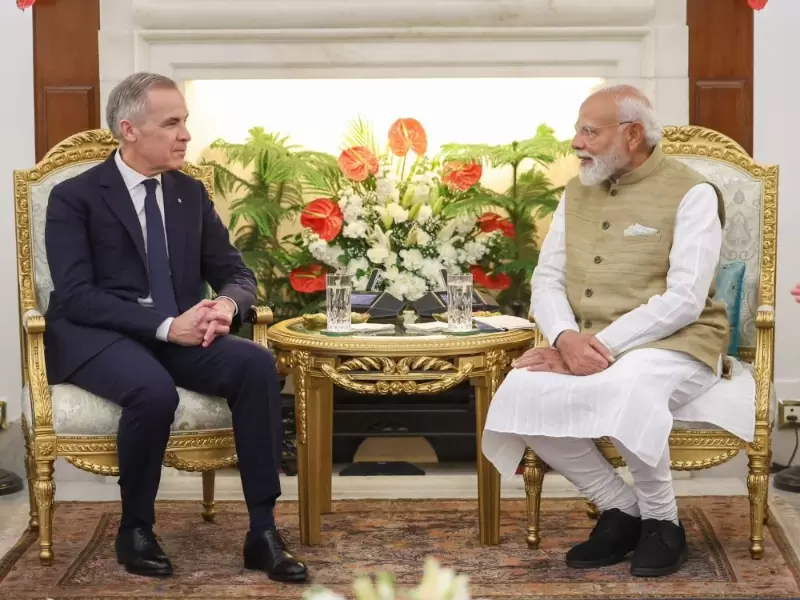
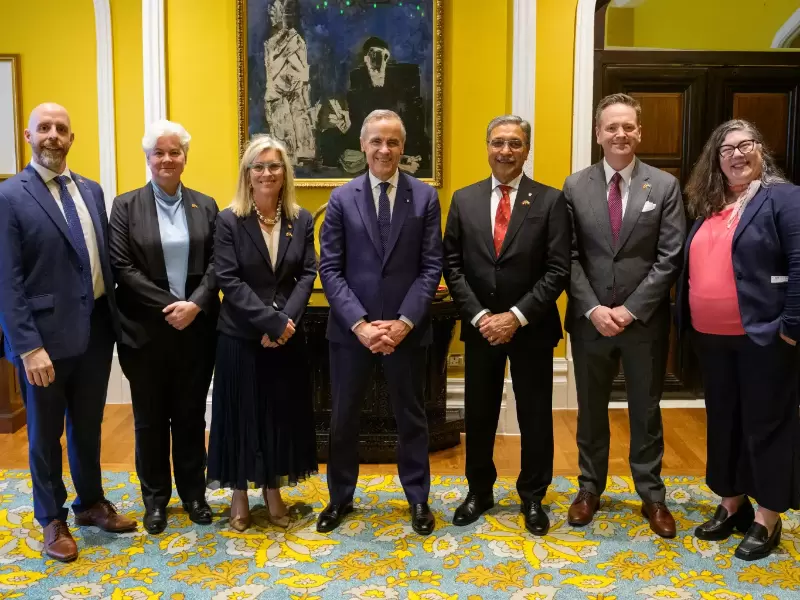
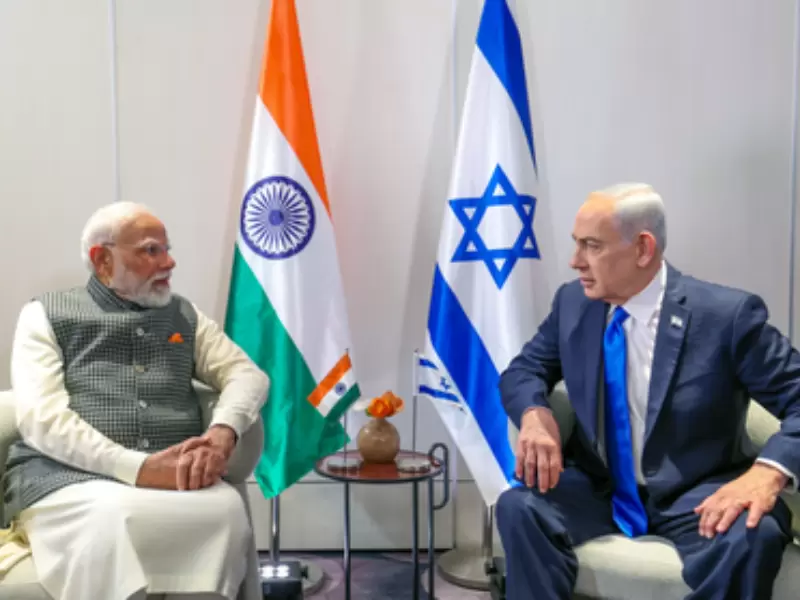
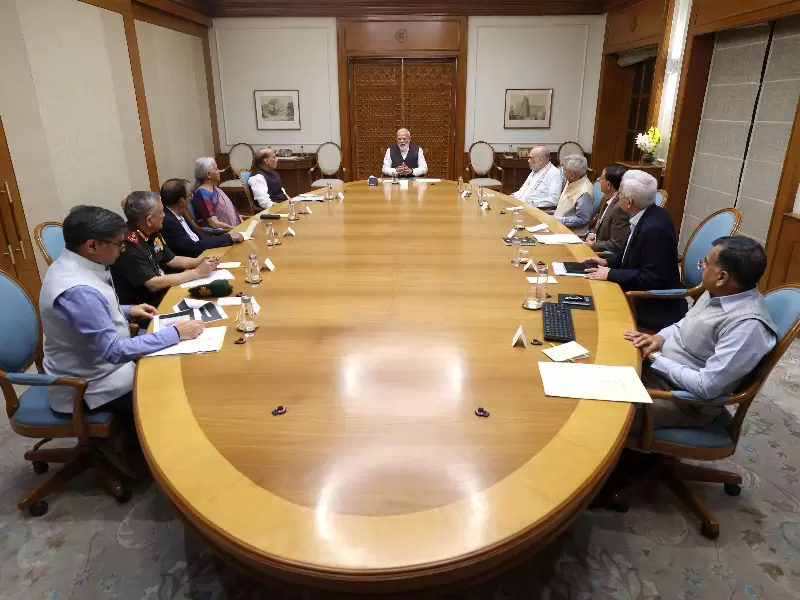

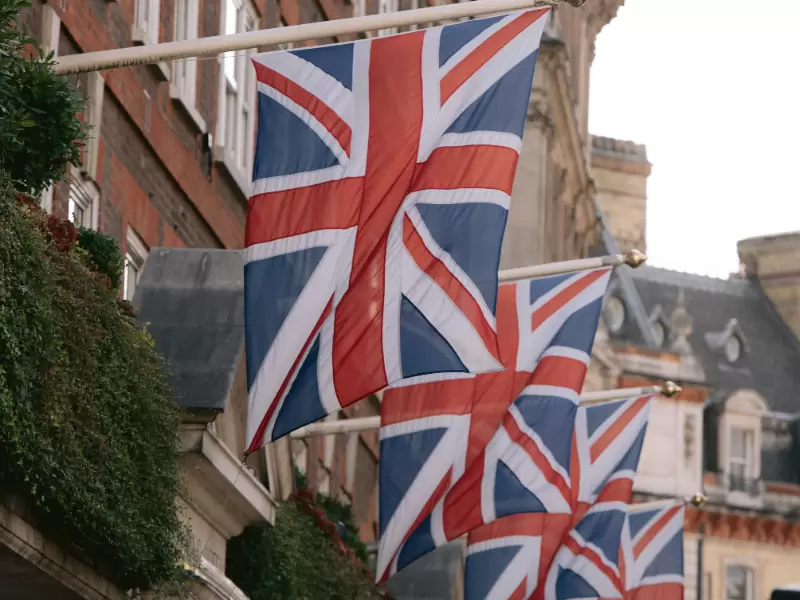
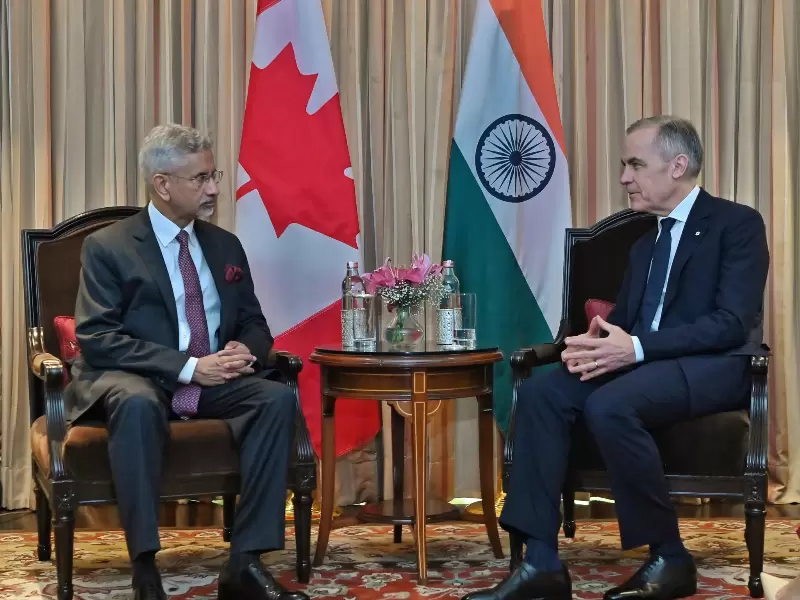
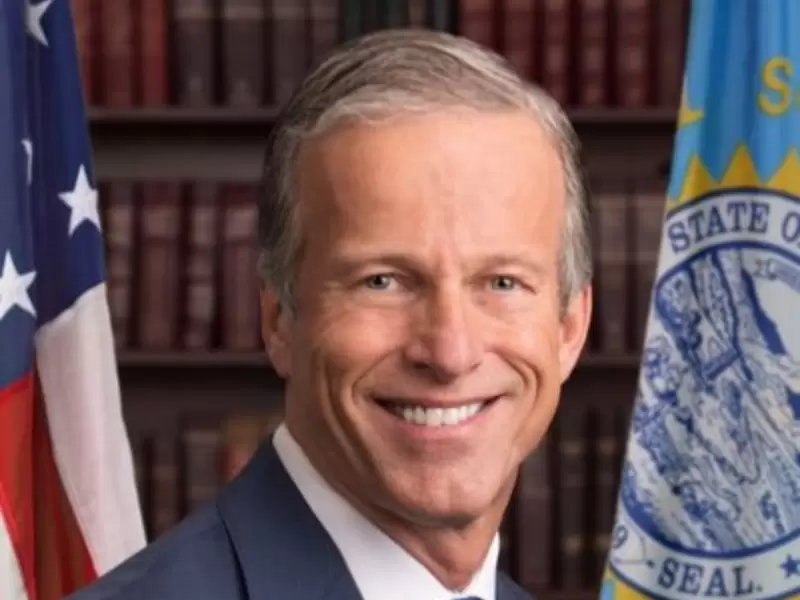
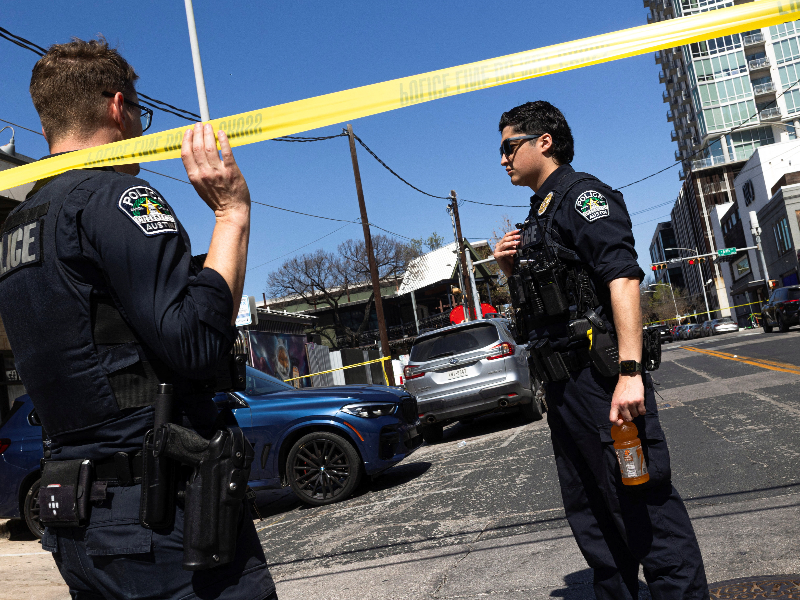

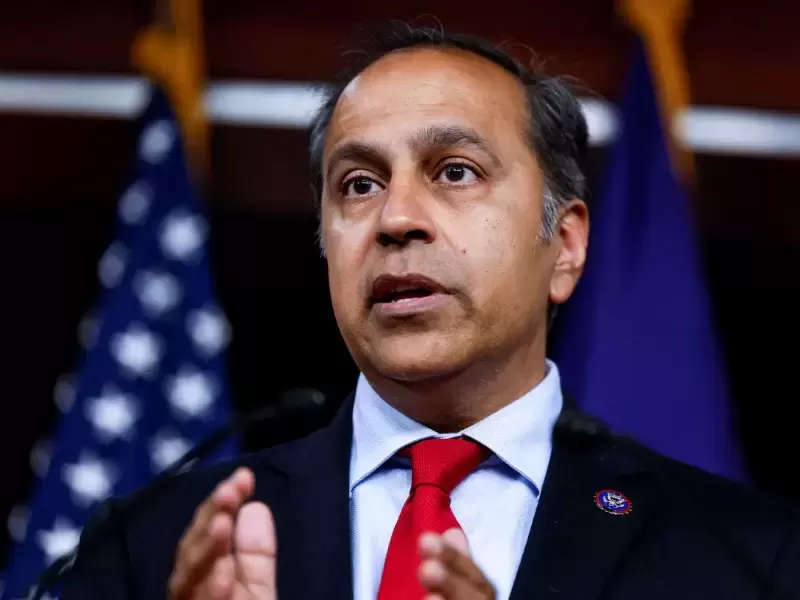
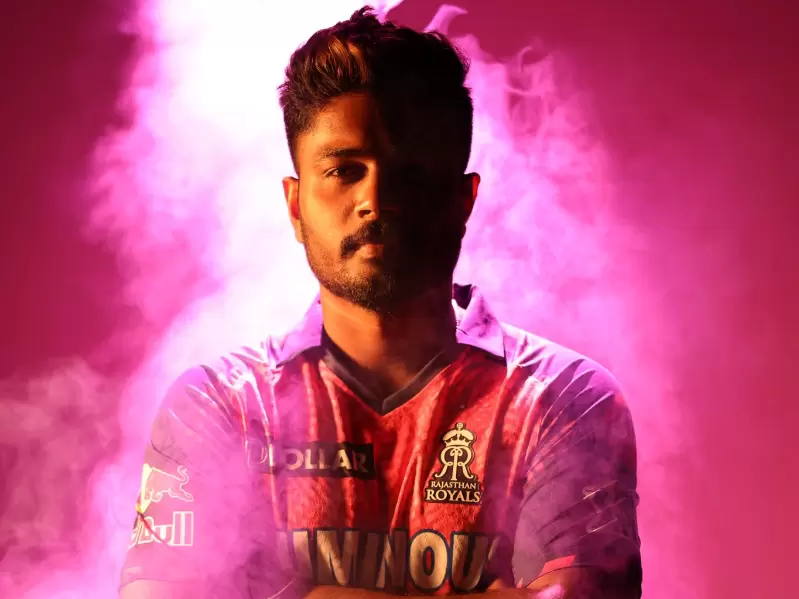


Comments
Start the conversation
Become a member of New India Abroad to start commenting.
Sign Up Now
Already have an account? Login